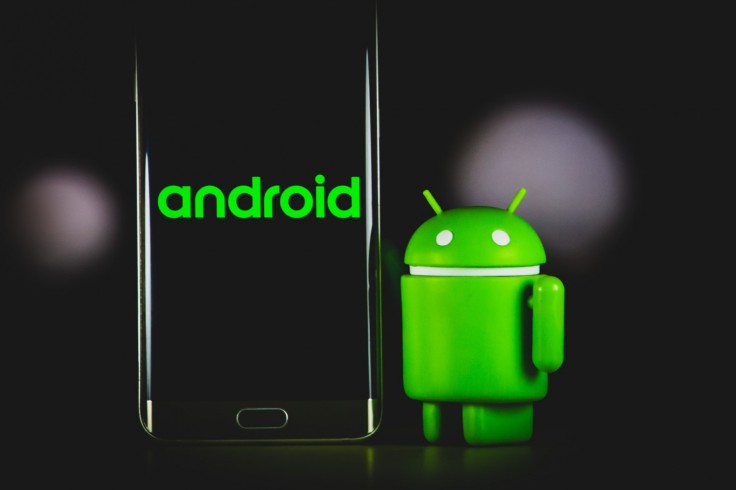
Having a smartphone in the modern era is a privilege and a curse. It always transmits data to its respective companies, and hacking is always a threat in this digital age. Now, a research claims that Android transmits 20 times more information to Google compared to the data iOS sends to Apple.
Android Privacy vs iOS: Which is Better?
Ars Technica reported that a researcher named Douglas Leith from Trinity College in Ireland performed a test to see which OS transmits more data from the user's smartphone to its database. The researcher used a Google Pixel 2, which runs with Android 10 and an iPhone 8 powered by iOS 13.6.1. The iPhone was jailbroken with the use of Checm8, while the Pixel had pre-installed Google Play services.
Leith collected his finding and stated that even when the user has newly opened its smartphone device, it automatically sends telemetry data to their respective motherships. Not only that, Leith noted that the device sends data to their databases even when a device is idle or even when users are just browsing configuration settings on the screen.
In a further experiment, Leith found out that both Apple and Google's pre-installed apps also send data to their database. However, the iOS device only sends data from Siri, Safari, and iCloud. In contrast, Google sends data from Chrome, YouTube, Google Docs, Safetyhub, Google Messenger, the device clock, and the Google search bar. It is almost twice as Apple is sending to their respective company database.
Leith continued that Google devices stand out in this experiment, as they collect data upon booting up with a whopping 1MB of information. In contrast, the Apple device only collects 42KB of data. Leigh further stated that the Google device collects 1MB of data every 12 hours, while the Apple device only collects 52KB of data at the same period.
Also Read: Android Privacy Settings: 5 Ways to Protect Your Data From Google
Leith stated his concern that collecting data from user's private accounts is alarming since the data is linked to the user's basic information such as email, name, address, credit card information, and more of the user's identification. The researcher also addressed that the constant connections to back-end servers can reveal the user's IP address of the device, and by extension, the user's geographic location.
Google Denies Research Findings
Although the findings have been proven, a spokesperson from Google has disagreed with the tests and stated that the research is based on faulty methods for measuring data collected by each OS. The tech giant further contested that data collection is a base function for any internet-connected device. Google added that these findings are off by order of magnitude, all while sharing their methodology concerns with the researcher before publication.
Google continued that the experiment outlines how a smartphone work: cars can send primary data to their car manufacturers, and mobile phones are the same. It is also a method to keep the devices up to date, and its services are working as it should.
Even if people are using Apple or a Google device, there is no difference in it as everyone is using the internet to browse, view, and use the different benefits of the web. However, users can stop this by clicking on the video below. It is a YouTube video that makes Apple and Google stop spying on user's accounts and disables the data sharing from the phone to the device's respective database.
Related Article: DuckDuckGo vs. Google: Which Is the Better Search Engine for Your Privacy?









